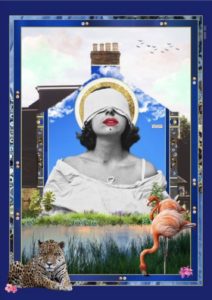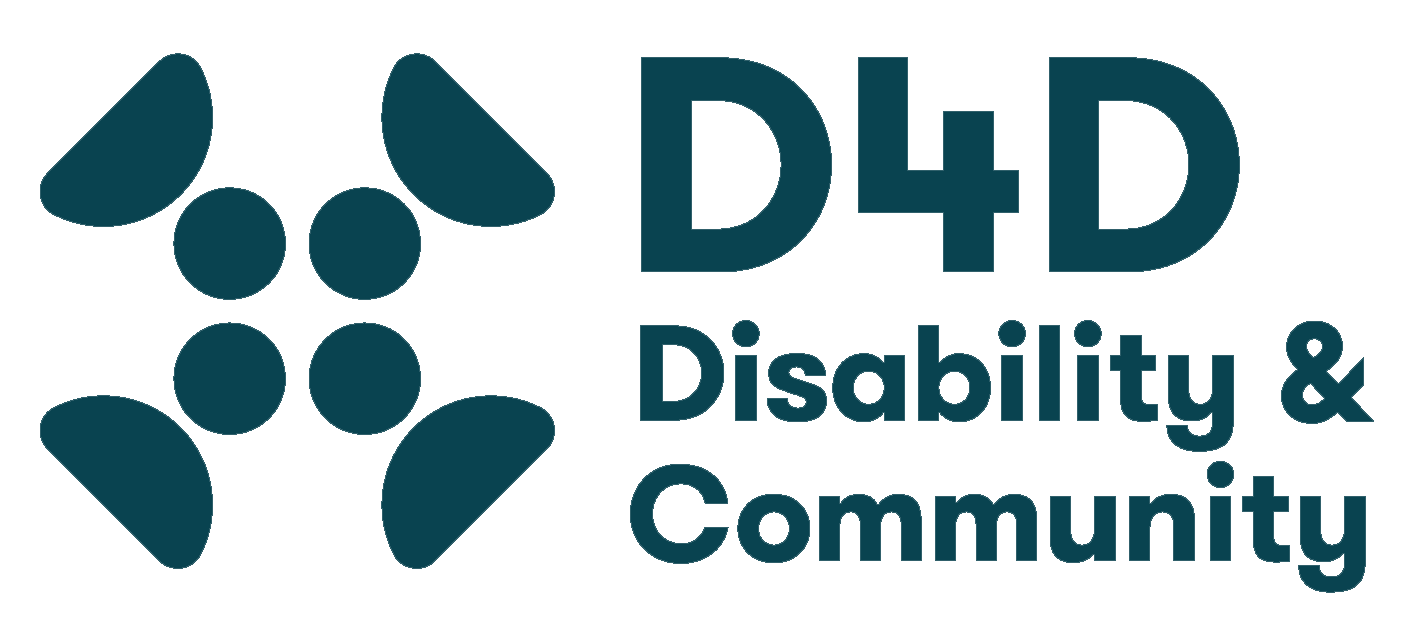
Future Perfect – Future Imperfect? is an e-book that links to the D4D project. The brief for contributions to this publication asked for projections into the future. What will the future look like for disabled people? How will we think of disability in the context of posthuman thinking and scientific advances that will enable us to create human / technology hybrids?
